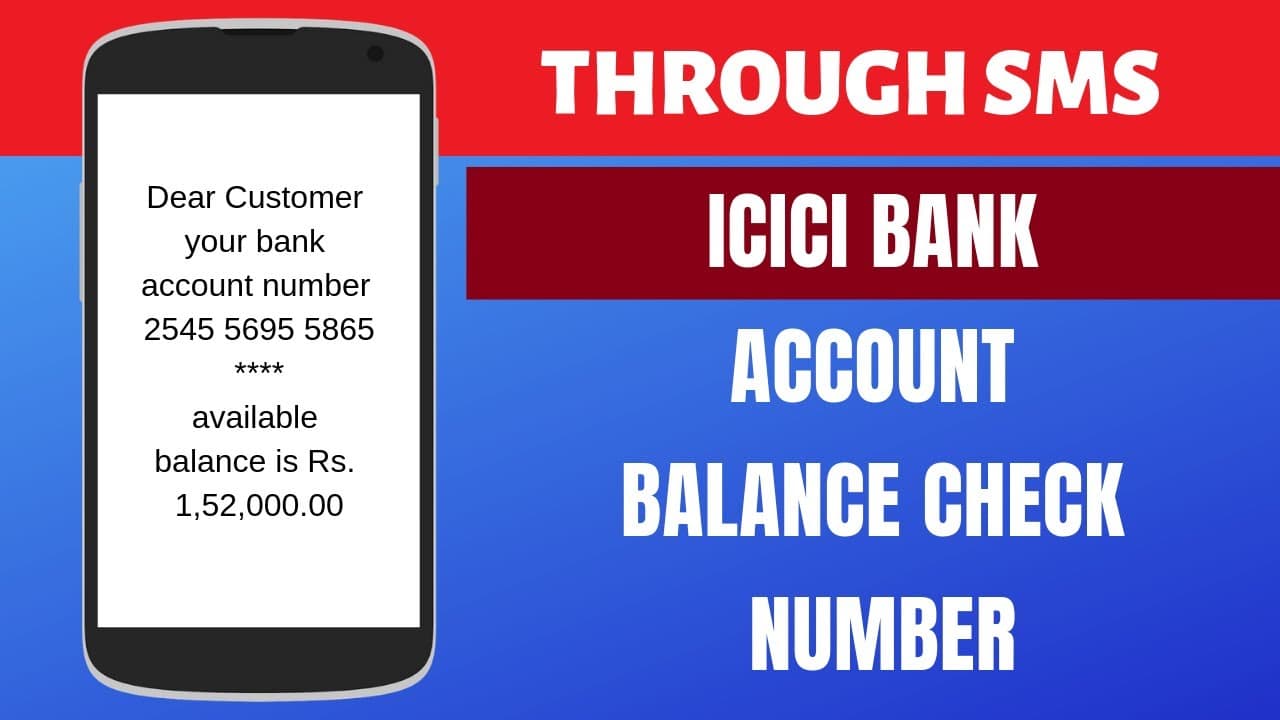As the new financial year commences, it is essential to be mindful of the 10 essential dos and don’ts that can assist you in achieving financial success. Invest the time to review these tips and strategies and use them to your benefit this year. With some effort and wise planning, you can make sure that this financial year is prosperous.

Do’s
As the new financial year approaches, it is important to take the necessary steps to ensure you are on the right track for a successful financial future. Here are some helpful dos for the new financial year:
- Create a budget and stick to it. Having a budget is essential to keeping track of your finances and setting financial goals. Make sure to include all of your expenses, income, and investments.
- Take advantage of tax deductions and credits. Make sure to research all of the deductions and credits you may be eligible for so you can maximize your tax savings. Set up an emergency fund.
- Having an emergency fund will help you be prepared for any unexpected expenses that may arise.
- Pay off debt. Make a plan to pay off any debt you may have. This will free up more money to save and invest.
- Invest in retirement. Make sure to put away enough money for retirement.
- Consider taking advantage of employer-sponsored plans and other retirement accounts.
- Research different investments. Research different types of investments such as stocks, bonds, and mutual funds to determine which is the best fit for you. Review insurance policies.
- Make sure to review your insurance policies to ensure you have the right coverage and are taking advantage of any discounts.
- Monitor credit reports. Check your credit reports regularly to make sure there are no errors and to monitor your credit score.
- Update wills and estate plans. Make sure to update your wills and estate plans to ensure that your wishes are carried out. Consider life insurance.
Life insurance can help provide financial security for your loved ones in the event of your death. Make sure to research the different types of policies to find the best fit for you.
Don’ts
As we enter into a new financial year, there are some important don’ts that should be remembered to help ensure that your finances remain on track.
- Don’t ignore taxes – make sure you are aware of the tax laws and regulations that apply to you and ensure that you stay on top of any filing deadlines.
- Don’t spend without a plan – create a detailed budget and stick to it. This will help you manage your finances and ensure that you have enough money to cover your expenses.
- Don’t buy on credit without doing research – do your research and compare prices before making any large purchase on credit.
- Don’t take on unnecessary debt – only take on debt if it is absolutely necessary and will improve your financial situation in the long run.
- Don’t invest without understanding the risks – if you are interested in investing, make sure that you understand the associated risks and how to manage them.
- Don’t forget to save – set up a savings plan and make sure you are putting money away for a rainy day.
- Don’t take chances with insurance – make sure you are adequately insured for any potential risks.
- Don’t ignore your credit score – check your credit score regularly and work to improve it where possible.
- Don’t disregard estate planning – estate planning is important to ensure that your assets can be distributed according to wishes after you pass away.
- Don’t try to time the market – the stock market can be unpredictable and attempting to time it can lead to losses. By following this don’ts, you can help ensure that you have a successful financial year.
FAQ
How can I set a budget?
To set a budget, you‘ll need to track your expenses, determine your income, and set a realistic target for your spending. Once you have these numbers, you can create a budget that works for you.
How can I track my expenses?
To track your expenses, make sure to keep all your receipts and bank statements. You can also use budgeting apps and programs to track your spending.
How can I build an emergency fund?
To build an emergency fund, create a separate savings account and set aside a certain amount of money each month. Make sure to keep this money aside for unexpected expenses.
How can I pay off my debt?
To pay off your debt, create a repayment plan and make sure to make payments on time. You can also consider consolidating or refinancing your debt to reduce interest payments.
How can I invest for retirement?
To invest for retirement, you‘ll need to create a retirement plan and determine how much you need to save each month. You should also consider diversifying your investments to minimize risk.
How can I create a financial plan?
To create a financial plan, you‘ll need to determine your goals and objectives. You should also consider your income, expenses, investments, debts, and other financial factors.
What should I avoid when it comes to financial planning?
When it comes to financial planning, you should avoid making rash decisions, taking on too much debt, ignoring savings, and neglecting your credit score.
What should I do to maintain a good credit score?
To maintain a good credit score, make sure to make all payments on time, avoid exceeding your credit limit, and keep your debt levels low.
CONCLUSION
As the start of the new financial year arrives, it is important to take note of the 10 essential do’s and don’ts that can help you to reach your financial goals. Spend the time to go over these tips and tactics and use them to your advantage this year. With some hard work and smart planning, you can make sure that this financial year is a success.











